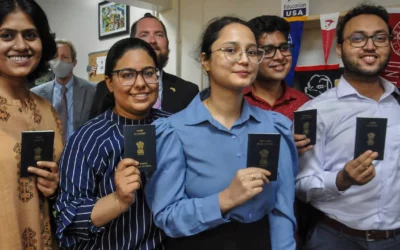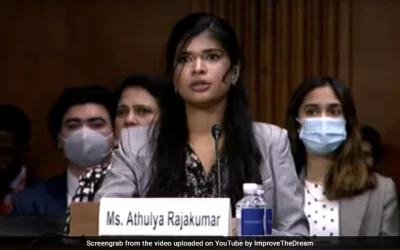An Indian American judge in California has ended EB-5 Regional Centers’ “deauthorized” status by approved Behring Regional Center’s request for a preliminary injunction against the US Citizenship and Immigration Services (USCIS).
In what is considered a major victory for the EB-5 sector, the decision of judge Vince Chhabria of the US district court for the Northern District of California exempts all EB-5 regional centers from being affected by how USCIS interprets the EB-5 Reform and Integrity Act of 2022.
The act had given a fresh lease of life to EB-5 Regional Center program, which had lapsed on June 30, 2021, giving foreigners a chance to get permanent residence in the US through the investment route.
Part of an omnibus spending measure for FY 2022, it also increased the minimum investment criteria to $800,000 for targeted investment regions and $1,050,000 for conventional investments.
However, as part of the Act, all previously designated EB-5 Regional Centers under the original program would need to “re-designate” or get a new registration under the new law.
Behring Regional Center sued the Department of Homeland Security on April 22, 2022 requesting an injunction to prevent the requirement for redesignation. Later another lawsuit was filed by a group of five regional centers.
These lawsuit challenged the unilateral deauthorization by USCIS of the over 600 designated regional centers existing at the time that the RIA was enacted into law.
The lawsuits pointed out that the agency’s guidance violates the Administrative Procedure Act (APA) and misinterprets the new EB-5 law enacted by Congress.
Over the years, the EB-5 program has become very popular among high-net worth individuals based in India and Indian nationals holding H-1B visas as it offers a comparatively quicker route to a green card.
Nearly 90% of investments are routed via regional centres, rather than under the direct route – as the latter requires investors to carry on their own business and hire American workers.
“USCIS is preliminarily enjoined from treating as deauthorized the previously designated regional centers based on its almost certainly erroneous interpretation of the Integrity Act,” said Invest in the USA (IIUSA), a trade association for the EB-5 Regional Center Program commenting on the court ruling.
“Of course, the agency may do whatever is reasonably necessary to ensure that existing regional centers comply with the Integrity Act, but those centers must presently be permitted to operate within the regime of the Act,” it said.













0 Comments